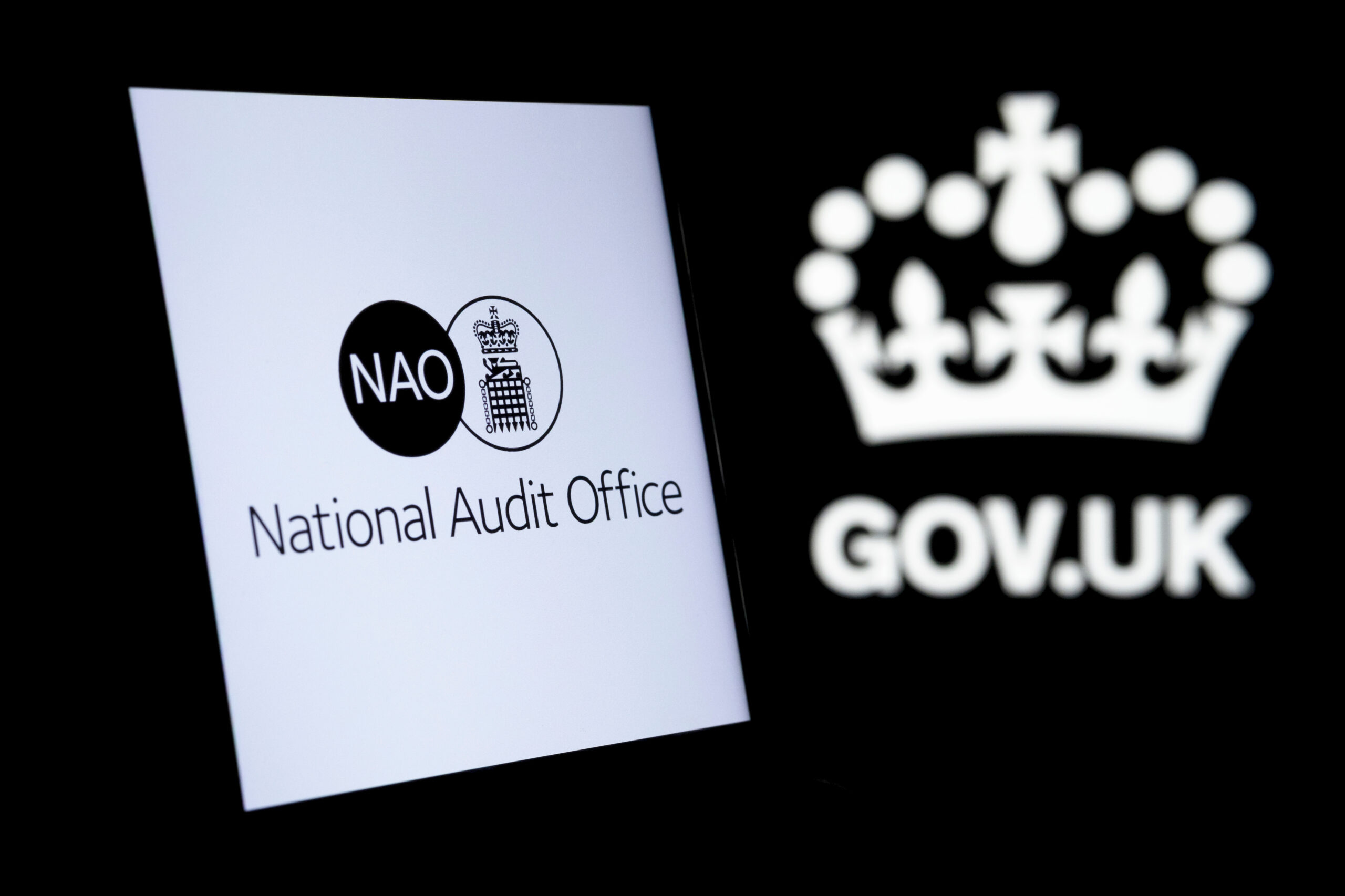National Audit Office Issues Warning to UK Government

The National Audit Office (NAO) has called on the government to ensure fairer negotiations between developers and local planning authorities by addressing disparities in transparency, skill, and capacity.
In a newly released report, the independent public spending watchdog reviewed the Ministry of Housing, Communities, and Local Government’s oversight of developer contributions in England.
It found that councils face significant disadvantages when negotiating due to limited specialist staff compared to large developers, who have greater access to negotiating expertise.
The NAO recommended that the government enforce open-book costing for financial viability assessments during planning, aiming to improve fairness in negotiations.
Currently, a profit margin of 15% to 20% of gross development value is standard in viability assessments, though lower thresholds may apply for affordable housing projects where sales are guaranteed.
Local planning authorities (LPAs) have the option to adjust developer contributions if they believe profit levels are insufficient to sustain a project.
However, the NAO flagged a lack of transparency in viability assessments and a mismatch in expertise between the public and private sectors, which often favours developers.
A 2019 review revealed that developers had successfully leveraged viability arguments to reduce their financial contributions.
This led the Conservative government to propose replacing the system with an infrastructure levy, but the plan was scrapped when Labour took office.
To strengthen oversight, the NAO urged the government to reassess viability assessments, considering whether eliminating them would improve negotiations or whether mechanisms like open-book costing could deliver better outcomes.

